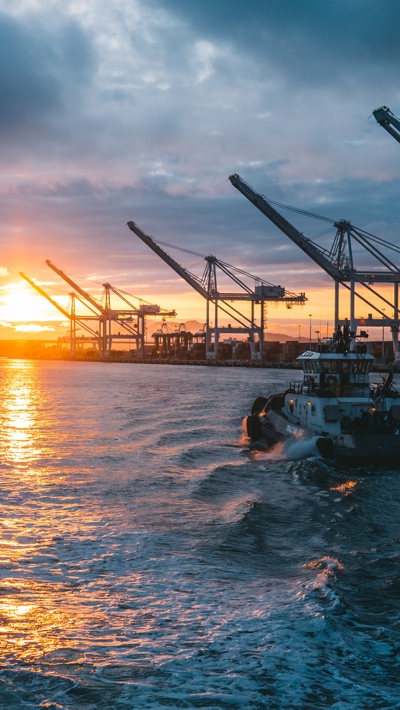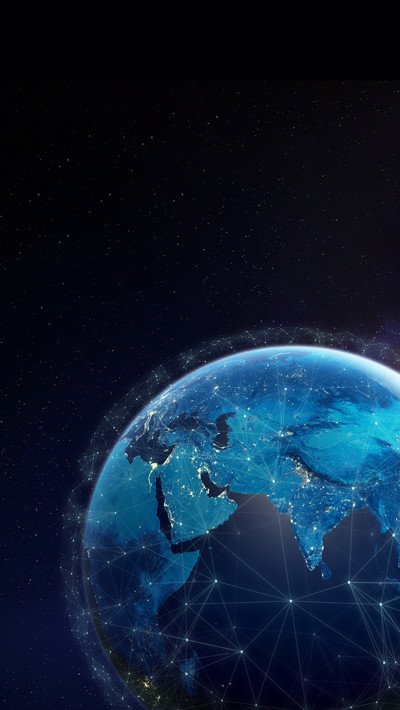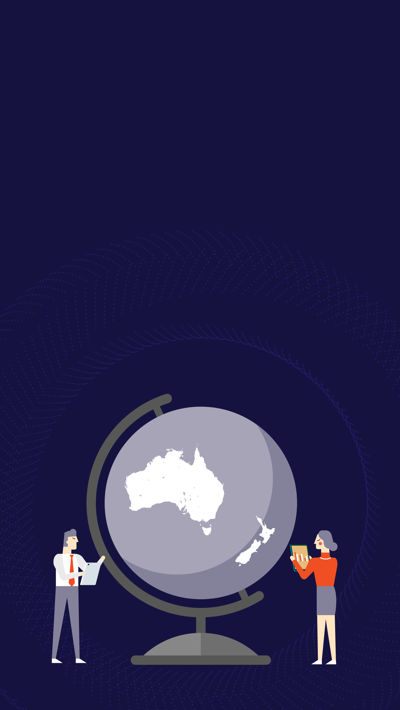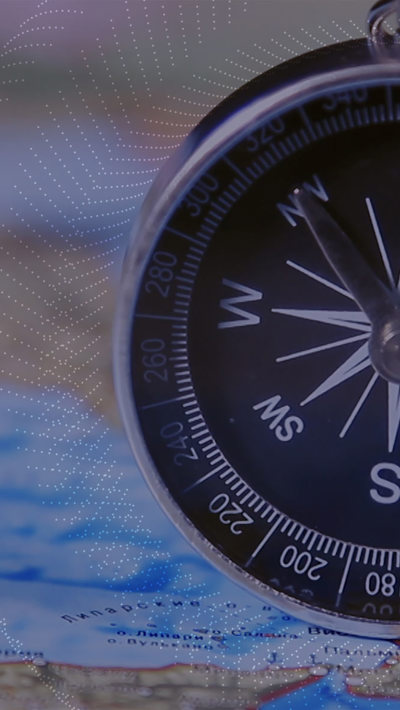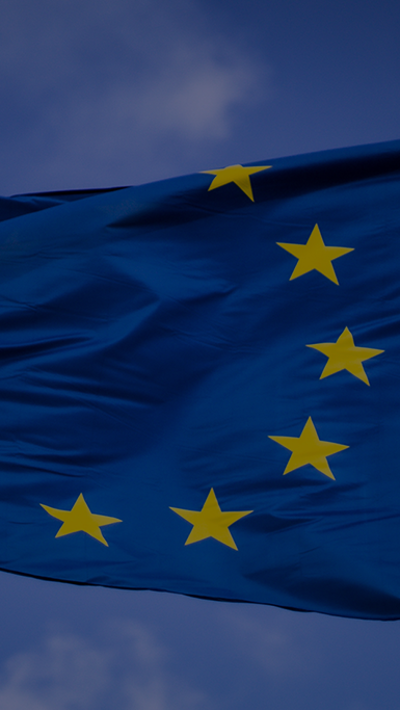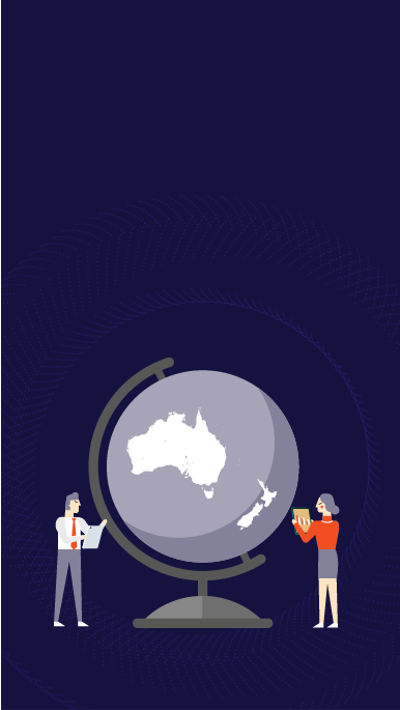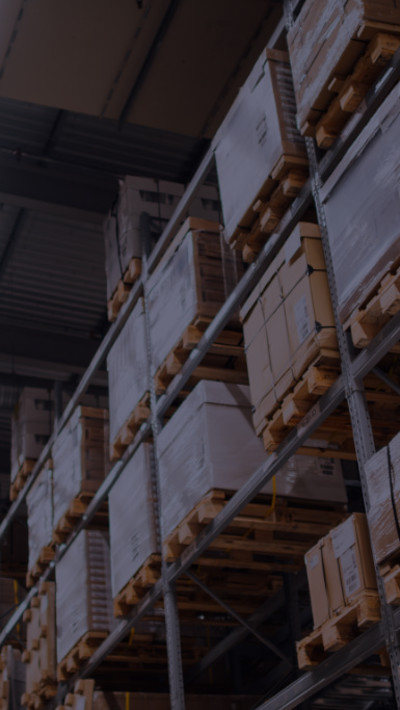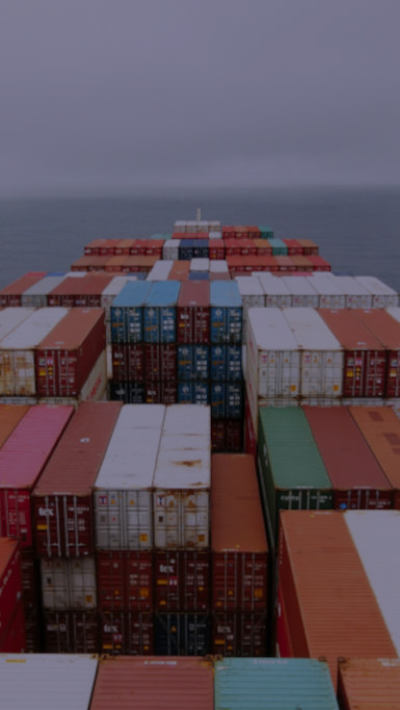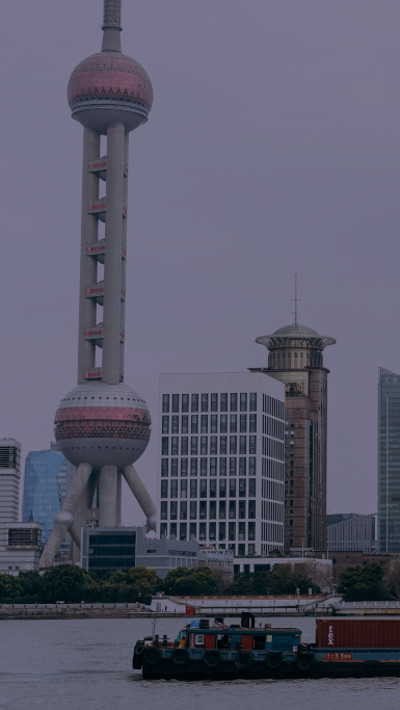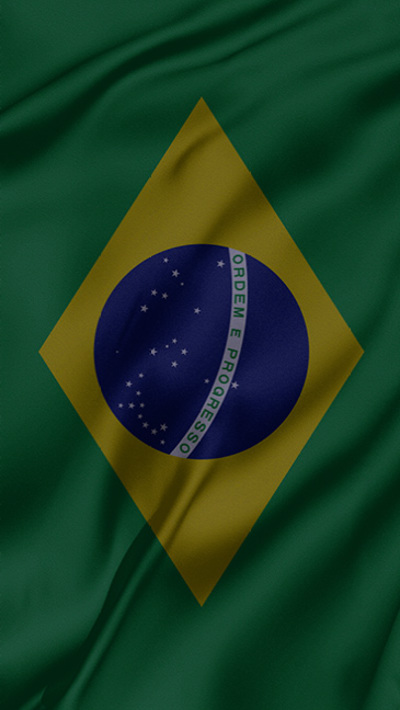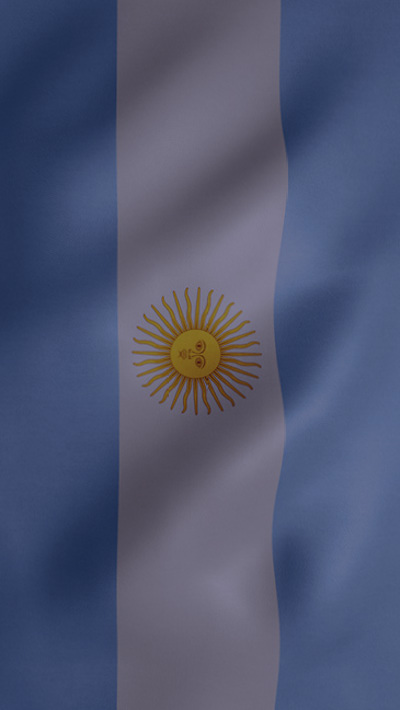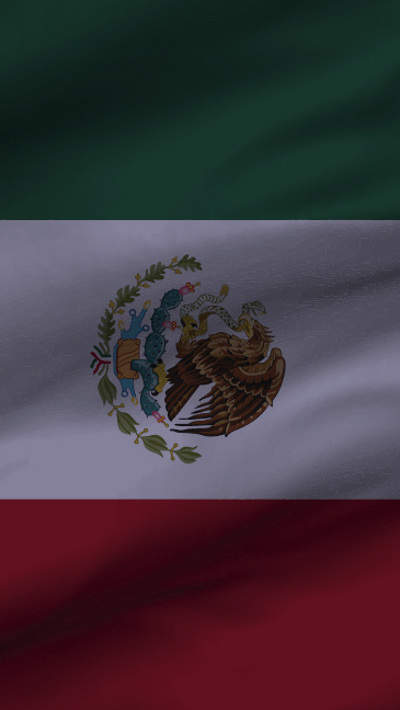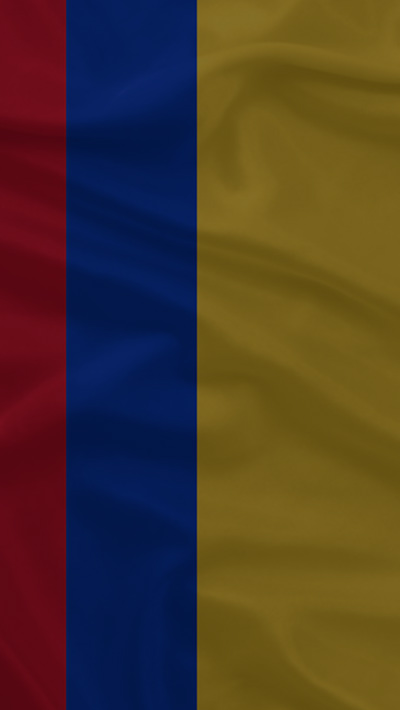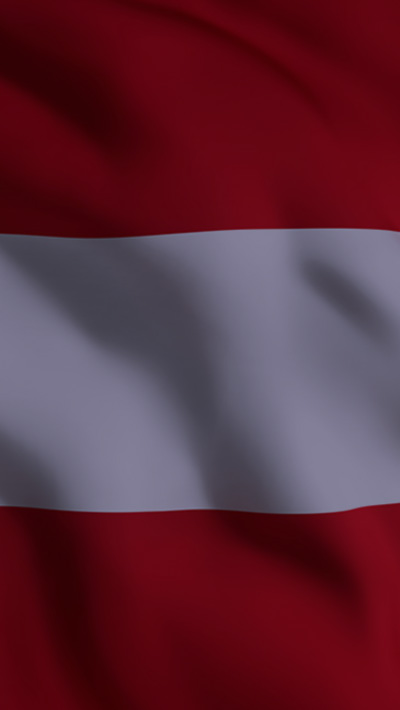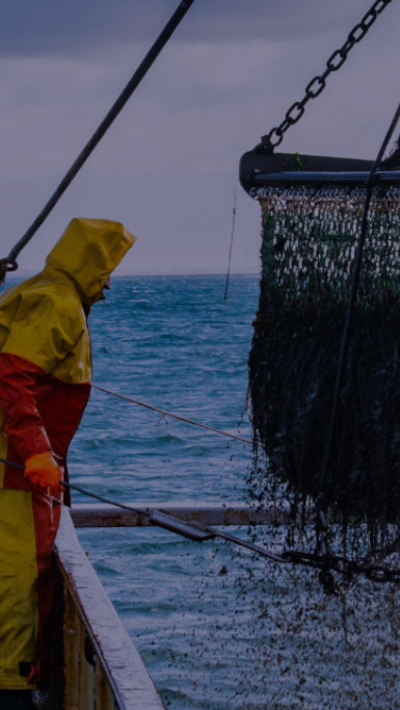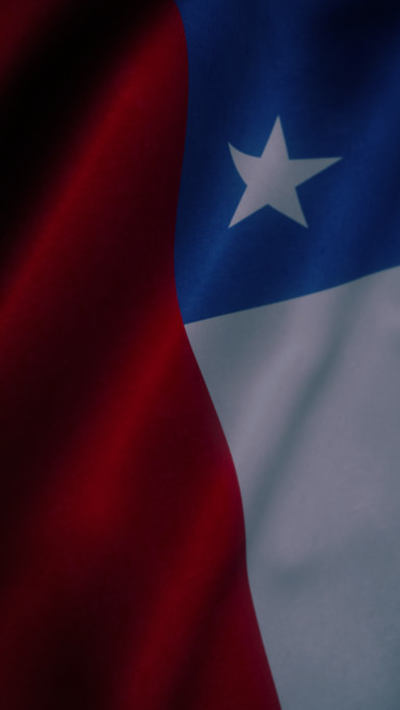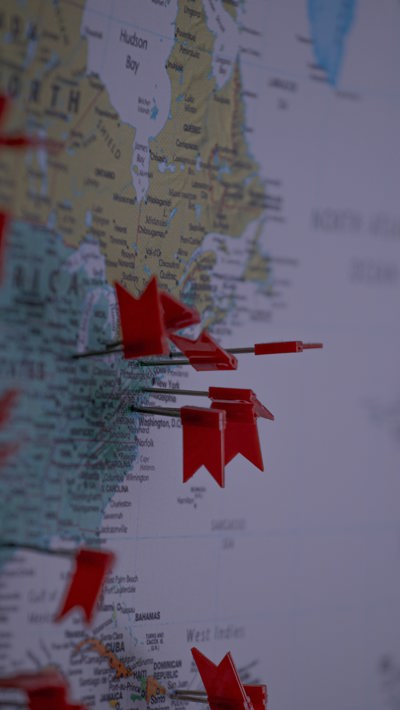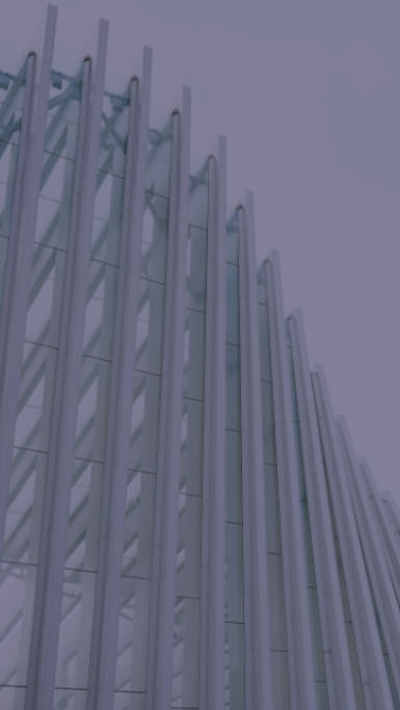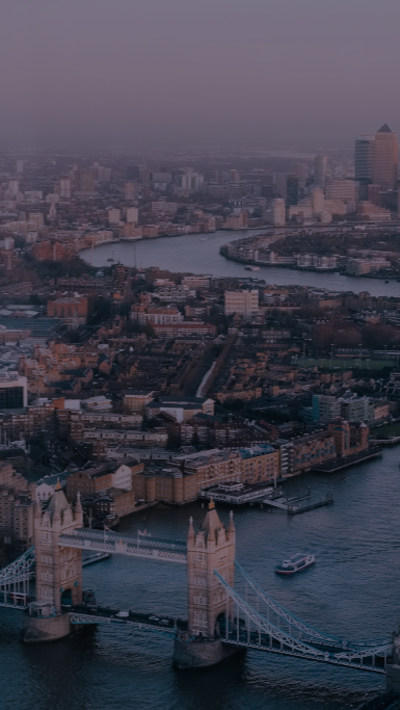Contents
An Expert Advisory Group has recommended that New Zealand follow the other Five Eyes members (Australia, Canada, the United Kingdom and the US) and introduce a full autonomous sanctions regime, allowing us to apply sanctions unilaterally beyond the current Russia sanctions legislation.
The Group, chaired by Colin Keating (former New Zealand Ambassador to the UN) was appointed in 2022 to provide recommendations on ‘foreign policy tools available to respond to grave international situations of concern involving threats to peace and security and breaches of human rights’.
Although the Group was appointed by the Labour Government, National MP and now Speaker, Gerry Brownlee, has twice sponsored Bills (in 2017 and 2021) that would create an autonomous sanctions framework to enhance New Zealand’s “tool kit of diplomacy”.
Foreign Affairs Minister and current Deputy Prime Minister Winston Peters is yet to indicate his position.
Current position
New Zealand took a step toward autonomous sanctions legislation with the passage in 2022 of the Russia Sanctions Act, under which it has now introduced 25 different packages of sanctions measures. Previously, New Zealand implemented United Nations Security Council sanctions and applied limited measures available under other legislation such as the Terrorism Suppression Act 2002 and policy frameworks such as immigration instructions.
Recent announcements under the existing frameworks include:
- the 25th sanctions package under the Russia Sanctions Act 2022, in support of international efforts, including those to counter sanctions evasion, by:
- making explicit the prohibition on exporting restricted items to Russia and Belarus through third countries;
- designating a further 61 individuals and companies that have enabled sanctions evasion or facilitated the procurement and transfer of military equipment, including from North Korea, for use against Ukraine; and
- implementing the price cap on Russian-origin oil, originally agreed in December 2022 by G7 countries plus Australia. The import of Russian oil into New Zealand was already prohibited. The new measure prohibits New Zealand persons dealing with certain services provided in relation to the maritime transport of oil of Russian origin (being brokering, financing, financial assistance, and insurance services), except if the price of the oil is below the price cap;
- through immigration instructions:
- travel bans on extremist Israeli settlers who have committed violent attacks against Palestinians in the West Bank; and
- extended targeted travel bans on former members of the Myanmar military regime;
- under the Terrorism Suppression Act 2002, designating the entirety of Hamas as a terrorist entity (the political wing as well as the already designated military wing). Any assets of Hamas in New Zealand are now frozen and it is a criminal offence to carry out property or financial transactions with them or provide material support to them.
Chapman Tripp comment
The latest announcements are a reminder that, even in the absence of a full autonomous sanctions regime, New Zealand has avenues available to it to join collective international efforts against a range of actors.
New Zealand businesses that may deal with products, services, or persons subject to these restrictions should check existing customers, business partners, and activities, and seek advice in relation to any ongoing business.
Our thanks to Laura Green for preparing this update.




















